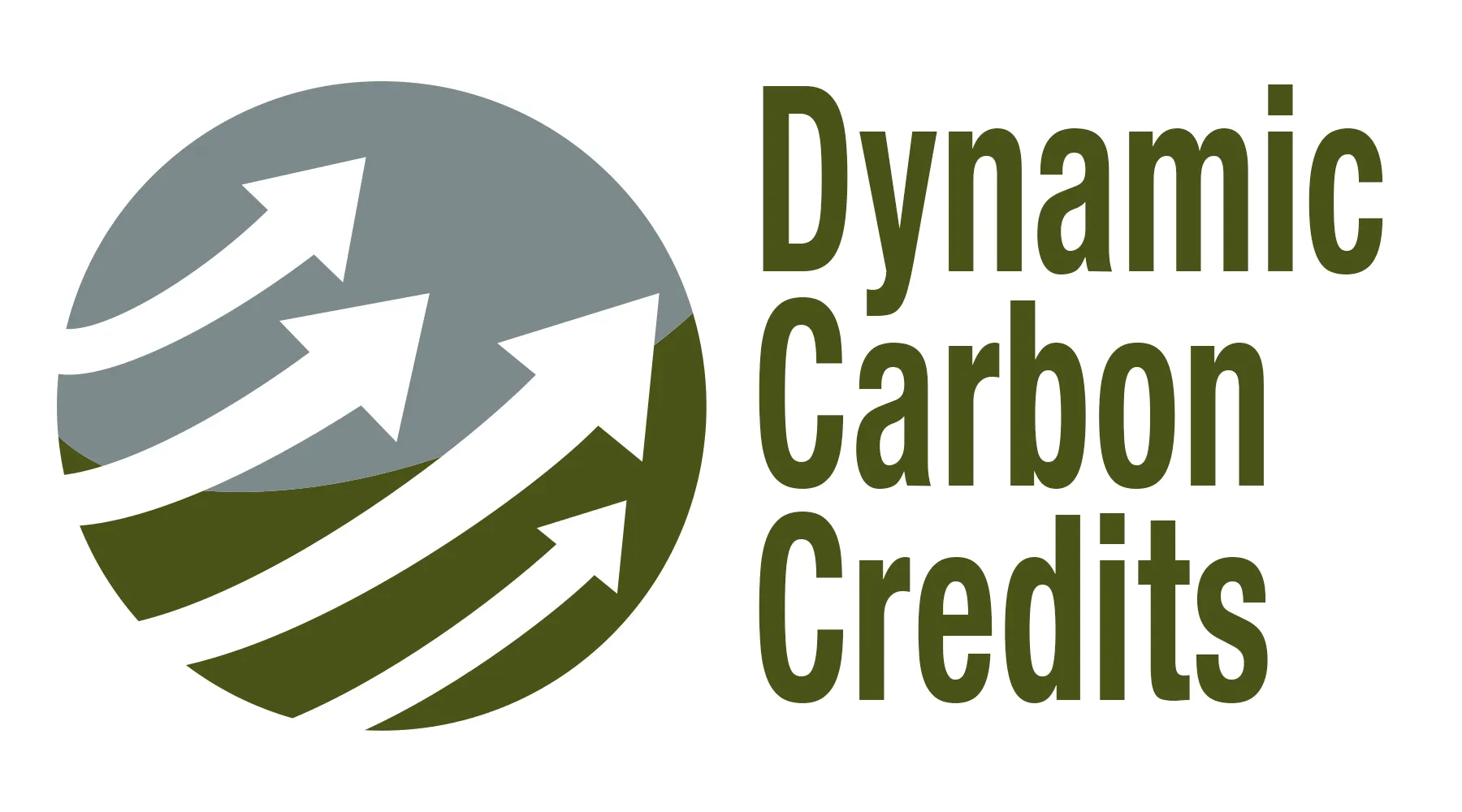This article originally appeared on DGB Group.
We are sure you use services of one of the companies in our previous post at least once a day. For today's post we are looking at 5 more companies who might surprise you with their pledge to become net-zero.

1. Tesla Motors
The electric car manufacturer has committed to reduce its carbon emissions by increasing the use of renewable energy. To do so, Tesla has built several solar farms and invested in wind turbines. As of 2021, the company has installed a total of almost 4 Gigawatts of solar systems and cumulative generated a total of 25 Terawatt-hours of emissions-free electricity.
According to their 2021 impact report,Tesla solar panels have generated more electricity than has been consumed to power all their vehicles and factories between 2012 and 2021.
Similar to Amazon’s case, Tesla has a business model that is already drastically reducing the world’s overall emissions by encouraging the use of electric vehicles. So even though their reduction plan is not disclosed yet, we can confirm that this company is part of the game change the world needs to achieve its sustainability goals by 2050.
Additional actions that Tesla is currently leading include:
- Covering all of their factories’ roof space with solar panels
- Leveraging AI to make their factories more efficient
2. Boeing
The aerospace manufacturer has plans to reduce its CO2 emissions by 50% by 2050. To achieve this, Boeing has invested in renewable energy and plans to produce planes that use less and more efficient fuels.
Boeing’s action plans for the future are linked to innovation, technology and sustainability. For example, they claim that every new airplane developed by the company is 15%-25% more efficient than the airplane it replaces and their materials recovery processes allow them to recycle almost 90% of unused plane parts (in weight).
Some additional actions that can be found in Boeing’s impact report are:
- A 29% reduction in their manufacturing greenhouse gas emissions since 2007.
- Two of Boeing’s largest factories are currently powered with 100% renewable energy
- Boeing is the only aerospace company able to recycle up to 100% of its carbon fiber waste
3. Nestlé
The Swiss food and beverage company has set a goal of reducing its CO2 emissions by 50% by 2030. To achieve this, Nestlé has committed to have sourced 50% of all their ingredients from regenerative agriculture by then.
To reduce the carbon footprint of their products and scope 2 and 3 emissions, Nestlé has reduced the packaging materials in its coffee and nutritional products, developed a water-saving technology for its coffee machines, and invested in carbon-reducing technologies for refrigeration systems.
Some other milestones stated in their Environmental impact report are:
- Power all Netle’s sites with 100% renewable electricity by 2025
- Use 100% recyclable or reusable packaging by 2025
- Cut 33% of virgin plastic in their packaging by 2025
- Plant 20 million trees a year
4. British Airways
British Airways is one of the key investors in Sustainable Aviation Fuel (SAF), being the first airline in the world to use SAF produced on a commercial scale in the UK. The company plans to invest $400 million in the development of this game-changer product in the aviation industry. This is one of their main actions towards getting to being a carbon neutral company in 2050.
Other actions include:
- Managing household and commercial waste and convert it into SAF
- Power 10% of all flights with SAF by 2030
- Support the development of hydrogen as an alternative fuel source
- Eliminate single-use plastics in flights where other options are possible
5. Bosch
In 2020, Bosch became the first global industrial company to achieve carbon neutrality. Their climate action is currently based in 4 levers (in order of priority):
- Improving energy efficiency
- Generating more energy from renewables
- Purchasing green electricity
- Purchasing carbon offsets
The optimization of these four levers is how they could achieve carbon neutrality in 2020, a target few companies could set. However, Bosch states that the company will achieve the biggest contribution to climate change mitigation as they increase the first two levers (energy efficiency and generation of renewable energy) while reducing the two latter (green energy purchases and carbon offsets).
The current goal is to decrease 15% of their scope 3 emissions by 2040, a target that has been set according to science-based climate targets. These actions will affect the entire value chain from purchasing to the product use phase.
Have a look at our in depth studies about companies, TV-shows and more that are becoming or are net-zero at the moment. Get inspired by their choices and commit yourself to becoming net-zero as well.

